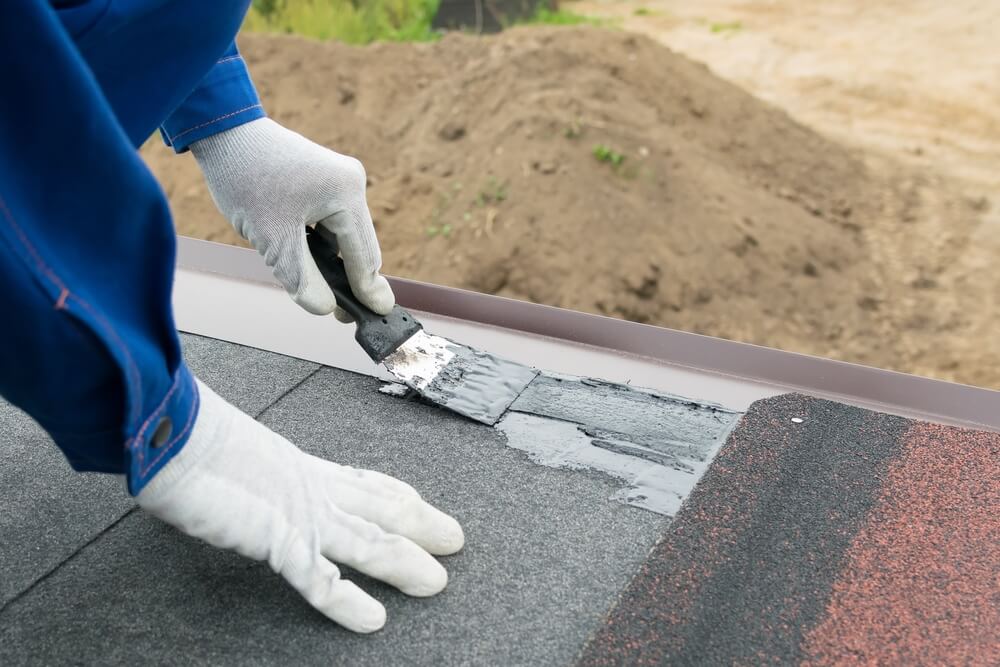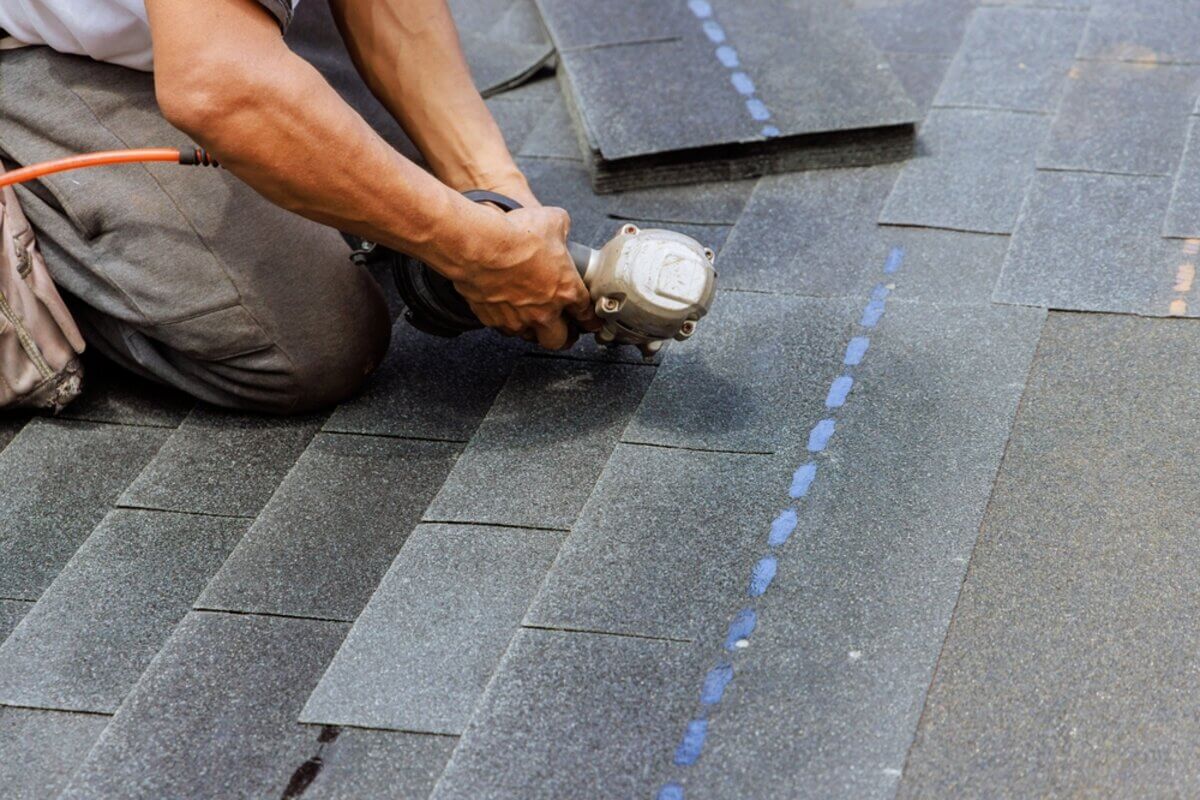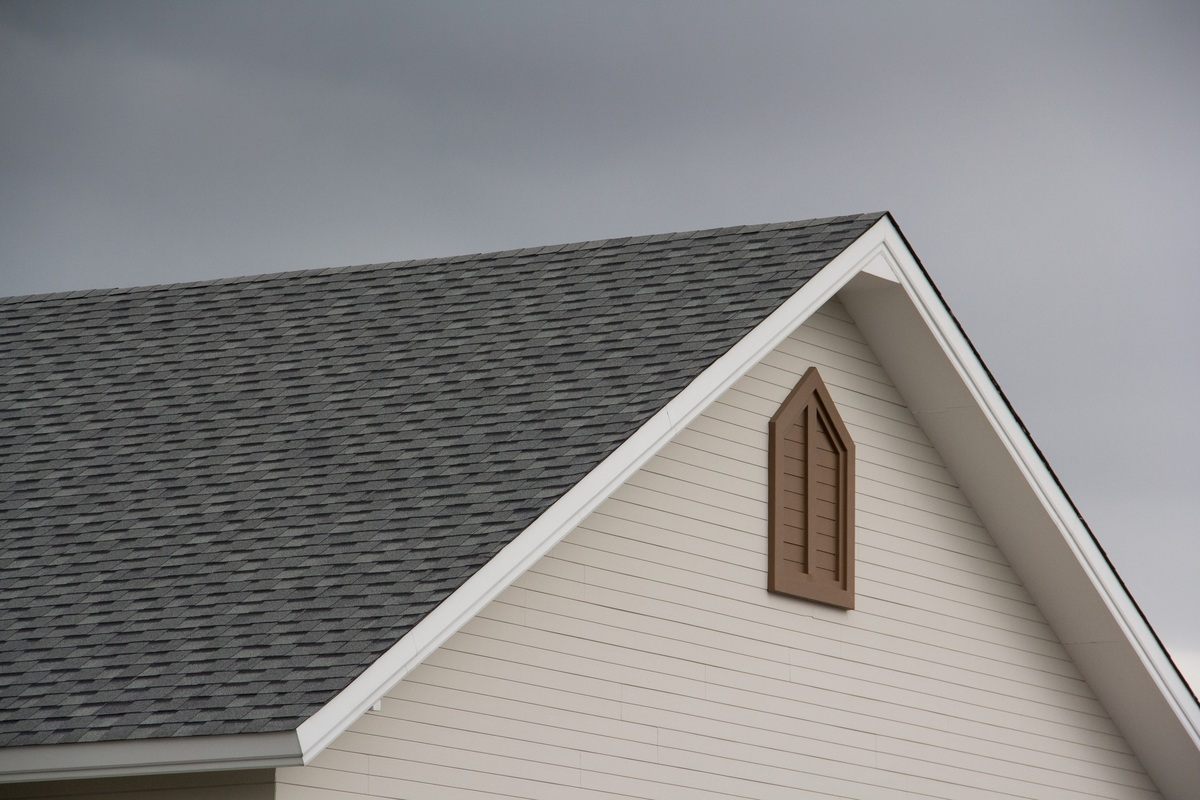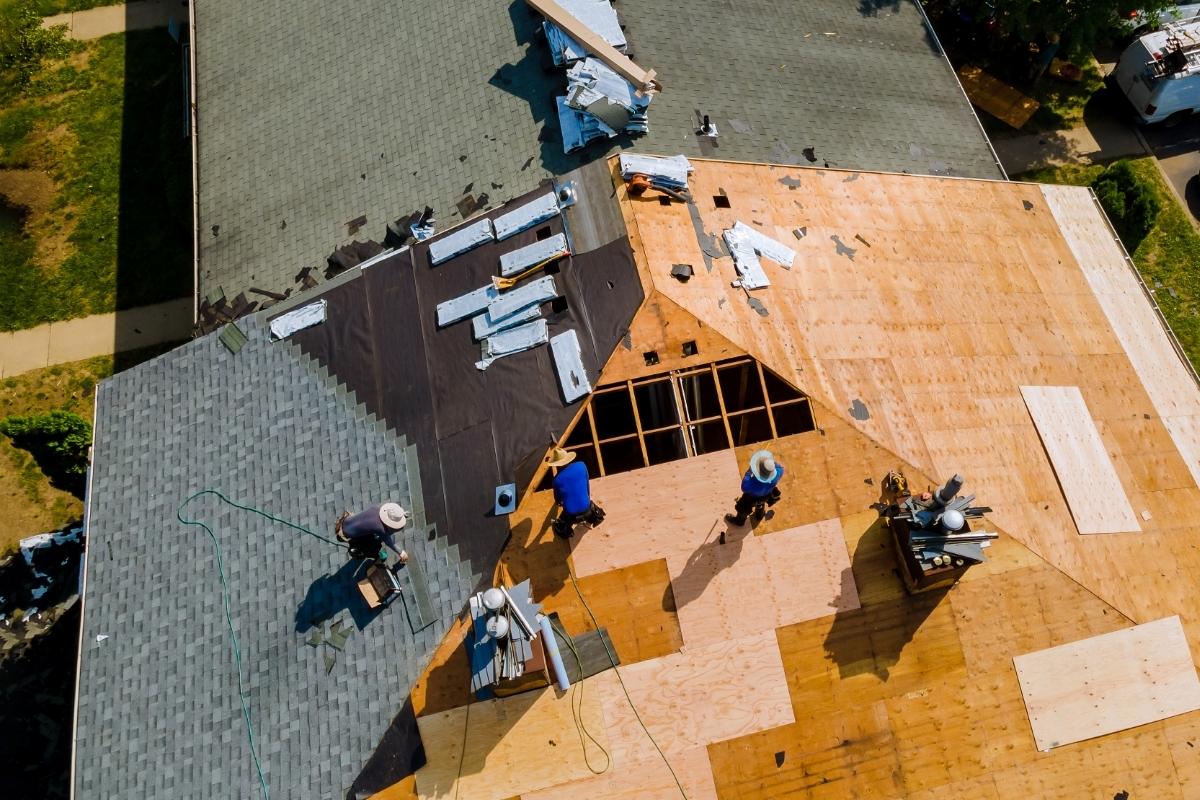When you invest in a new roof, you expect it to protect your home from the elements. But did you know that the timing of that protection largely depends on a process known as “sealing”? For homeowners opting for asphalt shingles, understanding how and when these shingles seal is crucial to ensuring the durability and longevity of your roof. So, how long does it take for asphalt shingles to seal, and what factors influence this critical step?
What Does it Mean for Asphalt Shingles to Seal?
Before we get into the timeline, let’s clarify what it means for asphalt shingles to seal. Asphalt shingles are coated with an adhesive strip or sealant. When exposed to the right conditions—typically heat from the sun—this adhesive becomes tacky and bonds the shingles together. This process, known as “sealing,” is what makes the shingles adhere to one another and the roof deck, providing a watertight seal that protects your home from rain, wind, and other weather conditions.
Ideal Conditions for Sealing Asphalt Shingles
Asphalt shingles rely on heat to activate the adhesive, so the weather plays a significant role in how quickly they seal. The best conditions for sealing typically include:
- Warm temperatures: Shingles seal best when the temperature is consistently between 70°F and 80°F. This is because the adhesive strip needs enough heat to soften and become sticky.
- Sunlight exposure: Direct sunlight is ideal, as it helps to warm the shingles and the adhesive strip, accelerating the sealing process.
- Dry weather: Moisture can hinder the sealing process, so a period of dry weather following installation is crucial.
How Long Does it Take for Asphalt Shingles to Seal?
Under ideal conditions, asphalt shingles can begin to seal within a few hours after installation. However, for the shingles to fully bond and provide maximum protection, it usually takes a few days to a few weeks.
- Immediate sealing: In some cases, if the weather is warm and sunny, the sealing process can begin almost immediately. However, this doesn’t mean the shingles are fully sealed in just one day.
- Full sealing: Typically, it takes anywhere from 48 hours to 72 hours for asphalt shingles to seal completely when the weather conditions are optimal. During this time, the adhesive strip becomes fully activated and bonds the shingles securely.
- Extended sealing time: If the weather is cooler or overcast, the sealing process may take longer. In such cases, it can take several weeks or even months for the shingles to seal completely, especially if the temperature frequently drops below 50°F.
Factors That Can Delay the Sealing Process
While warm, sunny weather speeds up the sealing process, certain factors can delay it. Understanding these can help you manage expectations and ensure your roof is properly sealed over time.
- Cooler temperatures: When the temperature dips below 50°F, the adhesive on asphalt shingles may not activate properly, significantly slowing down the sealing process. If shingles are installed in the fall or winter, they might not fully seal until the following spring or summer when the temperatures rise.
- Lack of sunlight: Overcast or cloudy conditions reduce the amount of direct sunlight the shingles receive, which can also delay the sealing process.
- High winds: If strong winds occur before the shingles have fully sealed, they can lift the shingles, disrupting the adhesive bond and potentially causing damage.
- Moisture: Rain, snow, or high humidity can interfere with the adhesive’s ability to bond, leading to delays in sealing. It’s important that the shingles stay dry during the initial sealing period.
Ensuring Proper Sealing of Asphalt Shingles
To ensure your asphalt shingles seal properly, it’s important to consider the timing of your roof installation and the weather forecast. If possible, schedule your roofing project during a time of year when temperatures are consistently warm, and the weather is dry. Additionally, you can take the following steps to promote proper sealing:
- Choose a reliable contractor: An experienced roofing contractor will know the best practices for installing asphalt shingles and ensuring they seal correctly. They can also advise you on the best time to schedule your installation based on local climate conditions.
- Inspect after installation: After installation, it’s a good idea to inspect your roof periodically, especially if you notice extreme weather conditions. Look for any signs of lifted or misaligned shingles, which could indicate that the sealing process was interrupted.
- Consider a sealant: In some cases, especially in cooler climates, your contractor might recommend using a roofing sealant to help secure the shingles and expedite the sealing process.
Conclusion

The time it takes for asphalt shingles to seal can vary depending on several factors, but with the right conditions, you can expect your shingles to be fully sealed within a few days to a few weeks. By understanding the sealing process and the factors that influence it, you can make informed decisions about your roofing project, ensuring that your home remains protected for years to come. If you have concerns about your roof or need expert advice, contact DryTech Exteriors today to ensure your shingles seal properly and your home stays protected.




